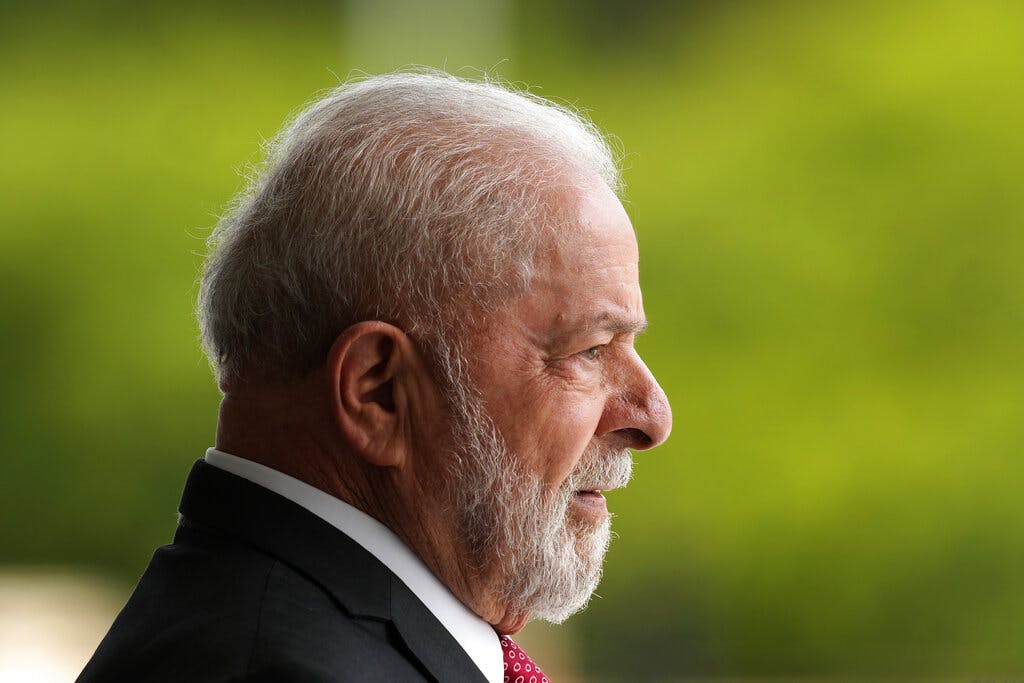
Air Travelers at Mercy of Homeland Security Department After Suspension of Two Security Screening Programs
By SHARON KEHNEMUI
|The president would do well to publicly air his unease about da Silva’s ties with America’s foes. Mentioning Iran would be a good start.

Already have a subscription? Sign in to continue reading

By SHARON KEHNEMUI
|
By NEWT GINGRICH
|
$0.01/day for 60 days
Cancel anytime
By continuing you agree to our Privacy Policy and Terms of Service.
By LENORE SKENAZY